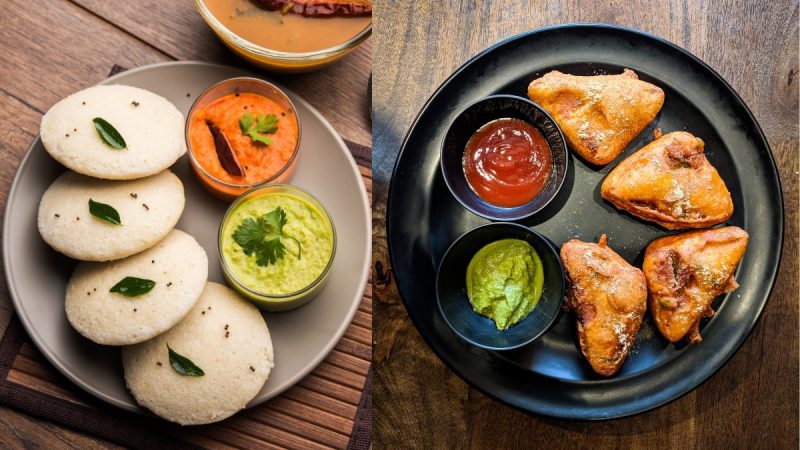According to a recent study that examined 151 well-known dishes from across the globe, Indian cuisine has significant biodiversity footprints. Among them, several Indian foods have been found to have a major effect on biodiversity, including idli, chana masala, rajma, and chicken jalfrezi. The National University of Singapore’s Luis Roman Carrasco and colleagues’ study clarifies the effects of our dietary decisions on the environment.
Indian Dishes Feature In Biodiversity Footprint Rankings
The term “biodiversity footprints” describes how the production of food affects the variety of species found in the surrounding area. According to The Telegraph, the research evaluated the probable influence of every dish’s components on the variety and abundance of wild mammals, birds, and amphibians within the farmed areas. It was surprising to learn that meals with rice and legumes as the primary ingredients also had high biodiversity footprints, even though dishes that were vegan or vegetarian had generally lower biodiversity footprints.
An important player in this scenario is India, which is a leading producer of rice and legumes. Land conversion is frequently required for the cultivation of these crops, which results in the loss of habitat for numerous species. India is a megadiverse region with a high percentage of vegetarians, but the demands of food production make it difficult for biodiversity to coexist there.
Also Read: From Goa, With Hemp! CanaCraft, India’s First Hemp Lager Beer Hits The Scene
The Global Impact Of Indian Flavours
Indian Dishes Causing Biodiversity Damage:
- Idli
- Rajma
- Chutney
- Chicken chaat
- Chicken jalfrezi
- Dal
- Pesara
- Chana masala
- Pakora
- Basmati
- Samosa
- Medu vada
- Papadum
- Garam masala
- Sambar
- Coconut chutney
- Masala dosa
- Aloo gobi
- Bhel puri
- Puri
- Putu mayam
- Chapati
- Naan
- Aloo paratha
- Dosa
- Bonda
The results of the study underscore the significance of consumer awareness in facilitating sustainable dietary decisions. People can reduce their environmental impact by making educated decisions and knowing the biodiversity footprints of various dishes. This study highlights the critical need to address the biodiversity crisis, particularly in areas like India where food production has substantial ecological ramifications.
Overall, the study emphasises the intricate connection between biodiversity conservation and food production. It emphasises how important it is to think about the environmental impact of our food choices and how we need to shift towards more sustainable diets.
We can help to preserve Earth’s rich and diverse ecosystems by taking biodiversity into account when making dietary decisions.
Cover Image Courtesy: Canva
For more such snackable content, interesting discoveries and the latest updates on food, travel and experiences in your city, download the Curly Tales App. Download HERE.

